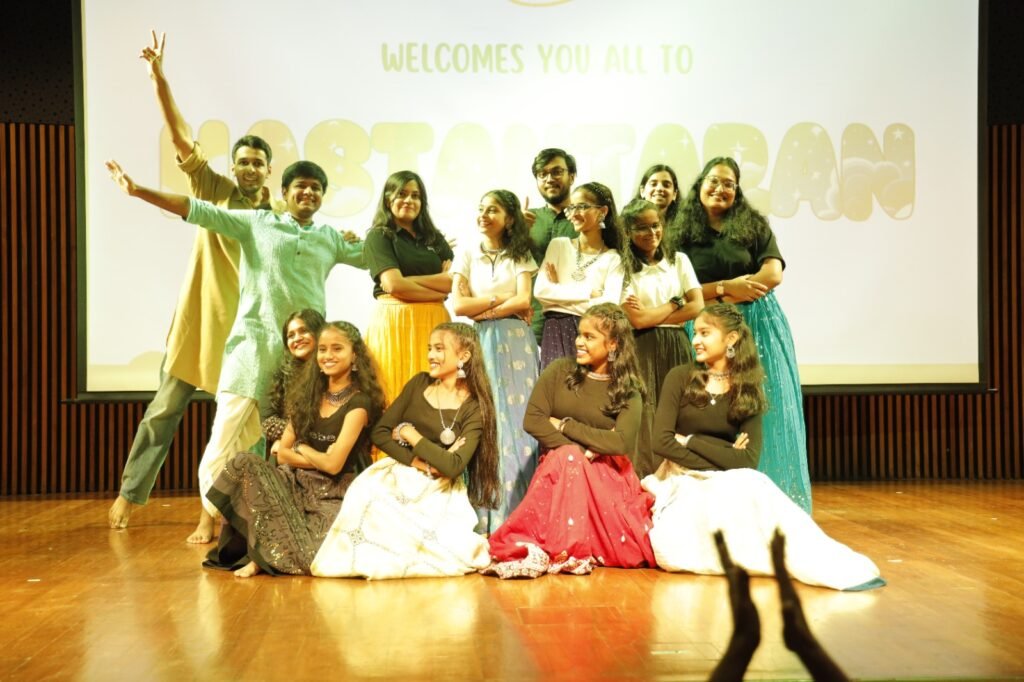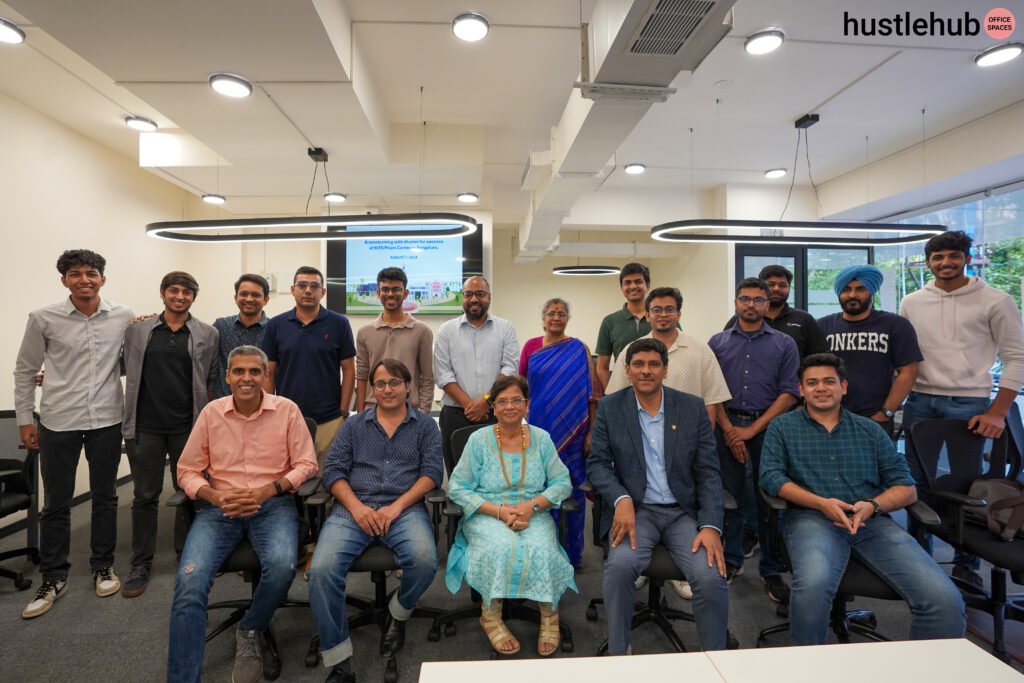8th August 2024: In its latest meeting, the RBI’s Monetary Policy Committee (MPC) kept key rates unchanged, with the repo rate at 6.5%, SLR at 6.25%, and MSF at 6.75%. The majority decision of 4 out of 6 members underscored the MPC’s commitment to gradually withdrawing accommodation to align inflation with targets while supporting economic growth.
The GDP growth forecast for FY25 remains at 7.2%, supported by global resilience, rural demand, and robust industrial capacity utilization. Inflation for FY25 is projected at 4.5%, with upward revisions for Q2 and Q3 and a slight downward adjustment for Q4. The central bank remains cautious amidst fluctuating prices of key crops like pulses and vegetables, emphasizing vigilance in monitoring economic indicators moving forward.
Comments by Industry Experts:
Rahul Jain – CFO, NTT DATA Payment Services India
The Central Bank’s announcement to increase the transaction limit to Rs 5 lakh for tax payments using Unified Payments Interface (UPI), from Rs 1 lakh earlier is a significant move, propelling India towards digitally inclusive economy. This initiative will strengthen the tax-collection system, reduce the cost of tax-collection, and make tax-payments more convenient for taxpayers. This also means more benefits to taxpayers in terms of seamless, transparent, secured, and ease of making high value transactions.
Allowing Delegated Payments can be a pivotal step in expanding the userbase of Unified Payments Interface (UPI). Through this development, two family members can now use one bank account for making UPI payments. While we wait for more details, this initiative will further strengthen and enhance UPI payments especially in rural areas, where financial literacy is less, and one bank account is used by one family. This mechanism will enhance user convenience by ensuring effective control through the usage limit authorization feature. This will also empower consumer confidence with easy, safe, and hassle-free financial transactions, thereby contributing towards a digitally empowered nation.
Mr Saket Dalmia, President of India Sotheby’s International Realty
The RBI’s decision to maintain the policy rate aligns with expectations, given the current inflation and global economic scenario. While the near-term outlook for global growth appears positive, the medium-term outlook faces challenges due to demographic shifts, climate change, geopolitical tensions, and fragmentations. Despite this, domestic economic activity remains resilient. The MPC emphasized the need to maintain a disinflationary stance to ensure inflation aligns with targets while supporting growth, thus keeping the policy rates unchanged. Stable interest rates are beneficial for various industries, especially real estate.
We support the RBI’s current stance and anticipate future rate cuts, which would positively impact the real estate sector and contribute to overall economic stability and growth.
Mr Vimal Nadar, Senior Director & Head, Research at Colliers India
Amidst swift changes in global economic undercurrents with a moderate view on global economic outlook, RBI has remained cautious and maintained benchmark lending rates at 6.5% for the ninth consecutive time. Inflation, despite being within 6% levels, remains above the benchmark of 4% and thus, continuation of withdrawal of accommodation. In the first MPC meet after the Budget, the RBI has projected a GDP growth rate of 7.2% for FY 2025 led by robust high frequency economic indicators across key sectors.
Interestingly, stability in interest rates coupled with the recent announcement to rationalize stamp duty charges along with concessions for women homebuyers bodes well for real estate sector especially residential segment. Strong visibility in financing charges should help homebuyers and developers alike in the upcoming festive season.
Moreover, partial withdrawal of the applicability of the revised LTCG tax arising out of sale of land & buildings retrospectively provides elbowroom to effect housing sales with minimal tax outgo. This is likely to buoy investors’ & homeowners’ sentiment and thus the real estate sector at large throughout 2024.
Shrinivas Rao, FRICS, CEO, Vestian
RBI maintained status quo for the ninth consecutive time and kept the repo rate at 6.5%. Sticky inflation, elevated food prices, and global macroeconomic uncertainty likely influenced this decision. A steady monetary policy for the past one and half years has ensured stability in the real estate sector, boosting demand for all asset classes. This upward momentum is expected to continue as the repo rate is anticipated to remain stable for a couple of more months due to rising inflation amid increasing geopolitical frictions in the Middle East.”
Dharmakirti Joshi, Chief Economist CRISIL
Monetary policy expectations from the most influential central bank in the world, the US Federal Reserve, are becoming less restrictive for the emerging markets. European Central Bank (ECB) and Bank of England (BOE) have already initiated rate cuts.
The Fed is now expected to begin cutting rates next month due to cooling labour markets.
On the domestic front, with a lower fiscal impulse and investment focused spending, the budget was clearly non-inflationary. But that is not enough for the Reserve Bank of India (RBI) to initiate rate cuts yet. Other domestic factors, particularly inflation, still dictate a cautious wait and watch approach.
Food inflation is a hurdle and without a durable decline in it, headline inflation cannot be tamed to 4% on a sustained basis. A pick-up in food inflation in June dragged consumer inflation to 5.1%. To boot, the growth momentum remains strong. Inflation should decline in July, but the RBI will overlook it because that will be purely high-base effect. We expect RBI to begin cutting rates in October at the earliest and have penciled in two rate cuts this fiscal. By then, there will be clarity on food inflation as the monsoon would have played out. Good progress on rains and sowing so far offers hope.
Manish Chowdhury, Head of Research, StoxBox
The RBI has decided to keep the repo rate unchanged in its August MPC meeting, reflecting India’s robust growth despite uncertainties in weather, geopolitics, and AI-driven tech disruptions. While the economic outlook remains positive, the central bank refrained from revising the inflation forecast downwards due to elevated food prices. Confident in its inflation management efforts, the RBI aims to achieve its 4% target without disrupting liquidity. India’s economy is buoyed by resilient high-frequency and fiscal indicators, supported by an all-time high forex reserve, positioning the RBI well to handle unforeseen risks. However, the slow pace of inflation moderation necessitates caution. On the global front, the global economic outlook remains resilient although with some moderation in pace. Inflation is retreating in major economies, but service price inflation persists. International prices of food, energy and base metals have eased since the last policy meeting. With varying growth-inflation prospects, central banks are diverging in their policy paths. This is creating volatility in financial markets. Amidst recent global sell-offs in equities, the dollar index has weakened, sovereign bond yields have eased sharply, and gold prices have soared to record highs. Domestically, strong urban and rural consumption helped to maintain economic stability, while the global outlook shows steady but uneven expansion. The RBI emphasizes that sustainable high growth is unattainable without price stability. Encouragingly, the broad-based softening in core inflation continues. The potential La Nina conditions in the second half of the monsoon could impact agricultural production, adding another layer of complexity. Notably, the RBI Governor acknowledged the alignment between market expectations and RBI policies. He reiterated the focus on sustainably reducing inflation towards the 4% target before considering a policy shift. Given the current momentum in high-frequency indicators, there is optimism for upward revisions to GDP forecasts going forward. With more clarity on FY26 inflation and GDP growth trajectory going ahead, we expect the RBI to initiative dovish stance from Q3FY25 and a probable rate cut in Q4FY25.
Mr. Pankaj Kalra, CEO, Essar Oil & Gas Exploration & Production Ltd (EOGEPL)
“The RBI’s decision to keep the interest rate steady at 6.5% reflects a measured response to current inflationary concerns. This decision provides a stable economic environment that is vital for planning and investing in long-term project financing and capital allocation. The decision to uphold the ‘Withdrawal of Accommodation’ stance aligns with our expectations and supports economic stability, ensuring that we can continue our exploration and production activities without the added uncertainty of fluctuating borrowing costs. At EOGEPL, we will use this stable interest rate to promote growth and help strengthen India’s energy sector.”
Mr. Pralay Mondal, MD & CEO, CSB Bank
“The Central Bank has been looking at data and deciding on policy objectively. The food inflation and the impact of base effect on inflation doesn’t warrant a looser monetary policy. The reduction of reporting periodicity to CIC and continuous clearance of cheques are welcome steps. We believe that RBI will continue to keep the system liquidity in surplus to ease pressure on bank deposits.”
Mr. V. P. Nandakumar, MD & CEO at Manappuram Finance
Today’s MPC decision to keep the repo rate unchanged at 6.5% did not come as any surprise as the rate setting committee once again reiterated its stand on containing inflation without sacrificing growth. More importantly, the apex bank has kept the GDP growth forecast for the current fiscal unchanged at 7.2% which underscores its stance of `withdrawing accommodation’ while supporting growth. The MPC has decided to keep the repo and other policy rates unchanged in view of its inflation forecast for the current fiscal pegged at 4.5%. Though headline CPI print is moderating, the apex bank has decided to keep a strict vigil on underlying price pressures in view of the higher food prices. The key takeaway from the Policy is that a rate cut may be three or four quarters away depending on evolving headline inflation print and economic growth.
Esha Khanna, Assistant Professor at Sarla Anil Modi School of Economics (NMIMs)
Even as two members continue to turn in favour of rate and stance change, RBI seems to be extremely vigilant and unwilling to make any changes primarily driven by discomfort arising from elevated food inflation and rising household inflationary expectations since September 2023. Though there is a considerable ease in core inflation, firmness in current policy stance is the need of the hour as higher share of food in consumption basket can have a significant impact on inflationary expectations of businesses and households affecting further the wage demands and firms’ price setting behaviour which can change the course of overall inflation trajectory in the long-run. Going forward one cannot ignore the risk emanating from a dismal medium term growth outlook and ever increasing geopolitical tensions affecting external demand and may cause new supply-side disruptions. On the domestic liquidity front, transmission to lending rates (WALR) has been relatively lower compared to deposit rates but stands at 169 basis points for Public sector banks and 178 basis points for private sector banks but slowly increasing and can affect the domestic consumption depending on our interest elasticity of aggregate demand. Looking at the current liquidity scenario, RBI may continue to manage this tedious task of inflation-growth dynamics through its fine tuning liquidity management tools like VRR and VRRR auctions for little longer than expected without any change in policy rates. It would also be crucial to observe the anticipated easing of the monetary policy cycle by our global peers and its probable though likely positive impact on India’s forex reserves, FPI inflows and INR. If we remain divergent from global peers for a little while, RBI may look out for MSS and more OMO sales in near term to manage liquidity conditions. RBI’s emphasis on creating alternative investment avenues for bank retail customers, careful monitoring of retail loans and strict adherence required for regulatory prescriptions relating to loan to value (LTV) ratio, risk weights and monitoring of end use of funds by Banks and NBFCs will contribute to strengthening the financial system.
Siddhartha Sanyal, Chief Economist and Head of Research, Bandhan Bank
“The status quo on the repo rate is no surprise. The central bank was emphatic to underscore their commitment for further disinflation. They seem to be in no hurry to cut rates.
While RBI closely watches the heightened volatility in financial markets globally, it rightly avoids any knee-jerk reaction.
Given India’s generally strong macro backdrop including current account deficit of sub-1% of GDP, decent FII flows and a large forex reserve cushion, one feels that fundamentally INR is on a strong footing.
Growth in reserve money – the measure of primary liquidity infusion by the central bank into the banking system – has been markedly weak, often in a range of 6-8% y/y during the last two years. Given the trend of bank deposits growth lagging credit growth now for 28 straight months, one expects the RBI to step up the pace and quantum of primary liquidity infusion in the coming months in order to provide the desired quantum of liquidity for smooth functioning of the banking system.”





